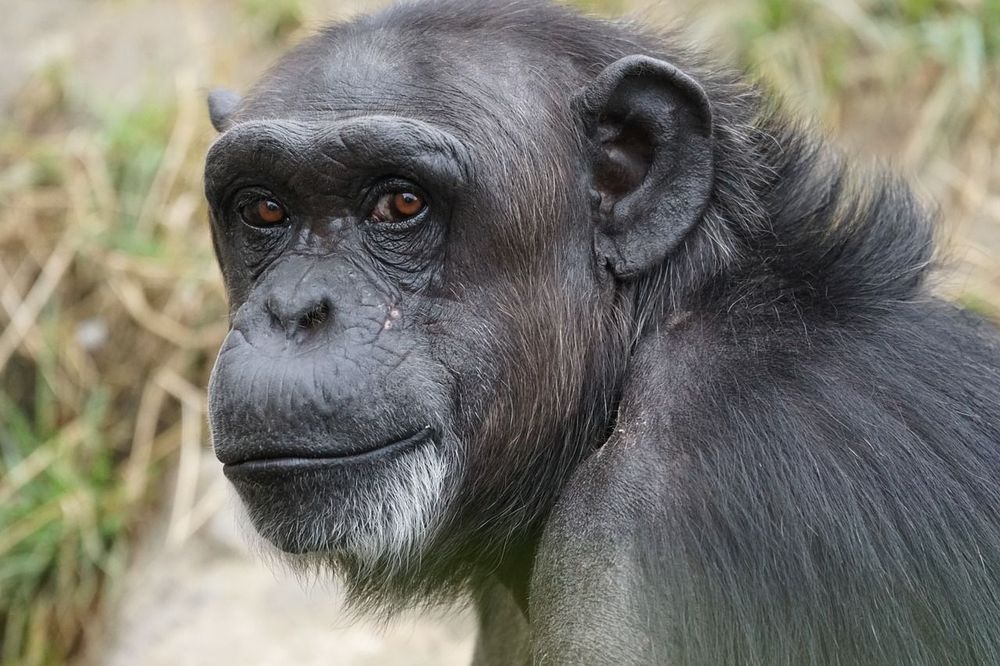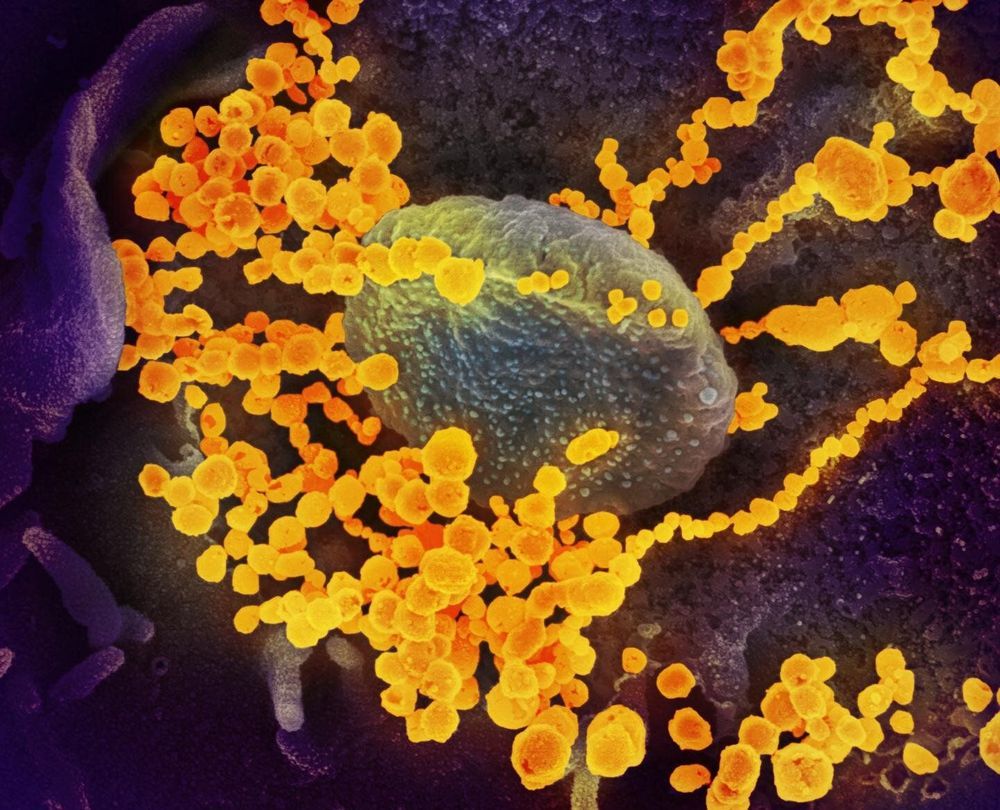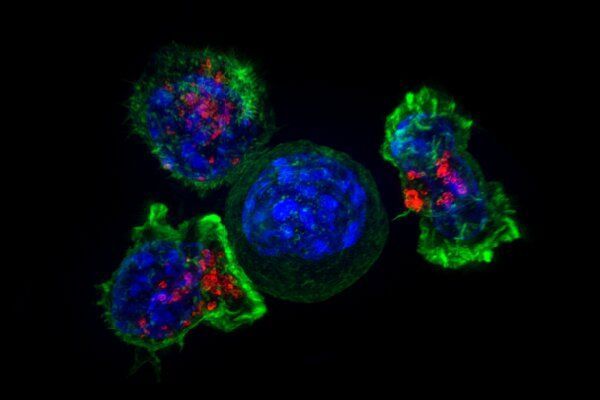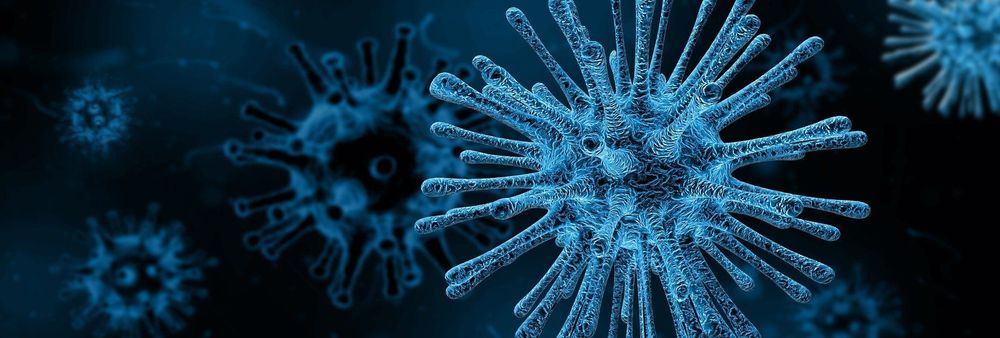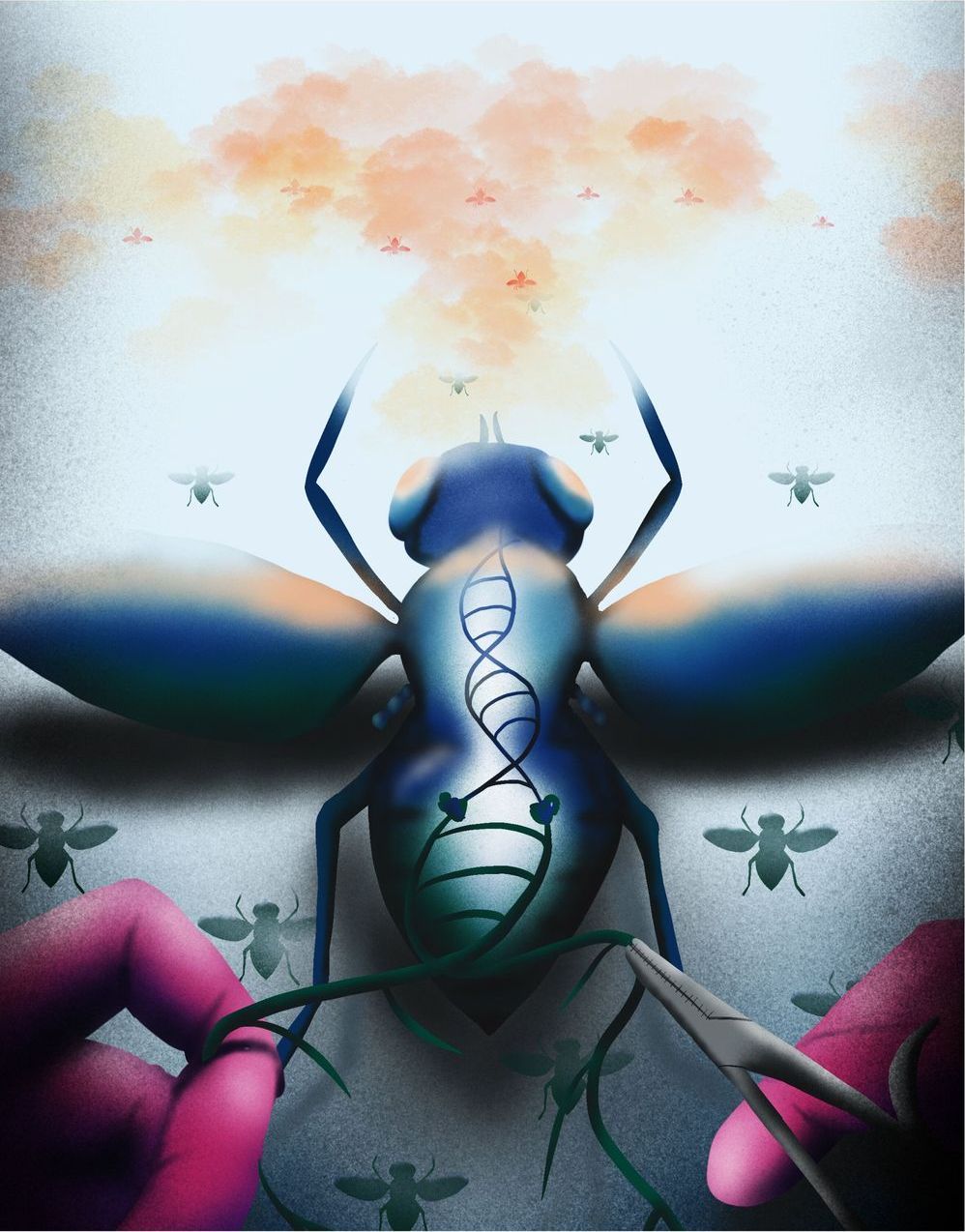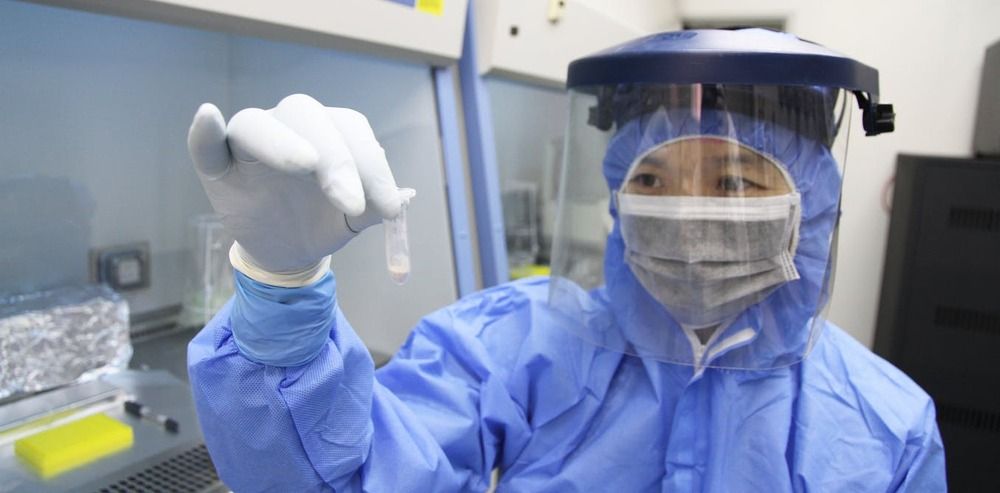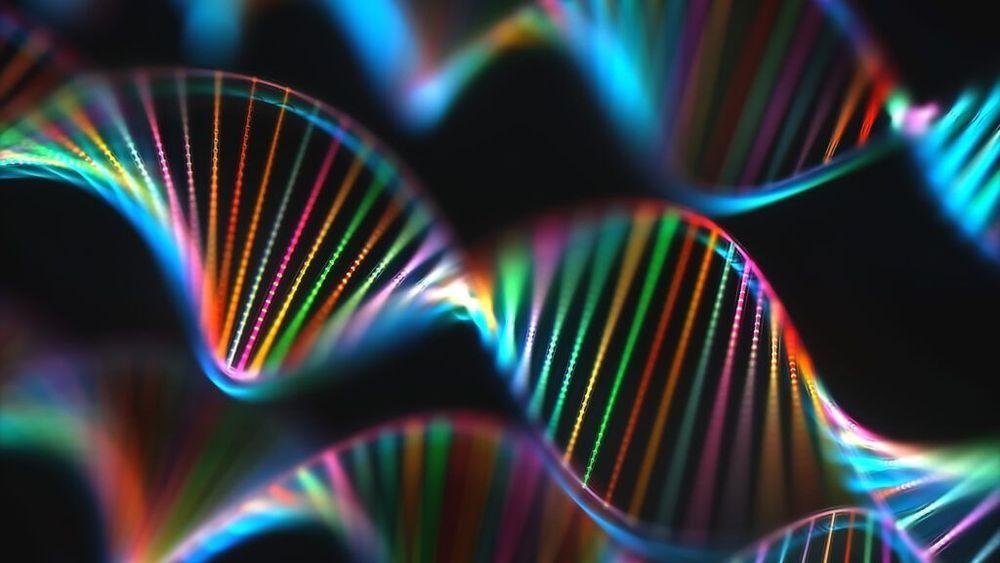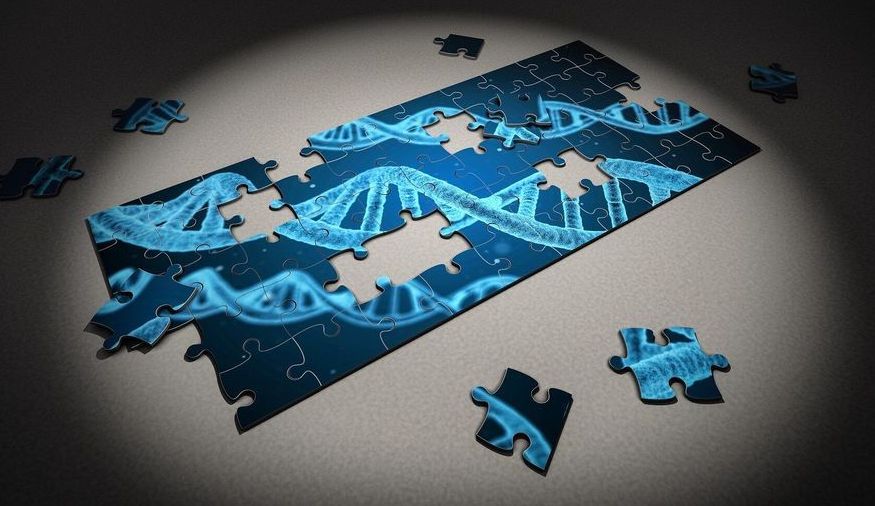
Who are we? Where did we come from? How did we get here? Throughout the ages, humans have sought answers to these questions, pursuing wisdom through religion, philosophy, and eventually science. Evolutionary analyses published by Genome Biology and Evolution (GBE) allow us to peer into the mirror and better understand ourselves as a species, bringing us closer than ever to uncovering the answers to these long-held questions. GBE’s latest virtual issue on human genetics highlights some of the most exciting research published in the journal within the last year and a half, demonstrating the wide variety of evolutionary approaches to this avenue of research as well as a number of fascinating insights into our own biology.
Taking over a decade to complete, the original Human Genome Project cost nearly $3 billion and involved the collective effort of hundreds of scientists. Since then, advances in sequencing technology have resulted in an explosion in human genetics and genomics research, with an estimated one million human genomes sequenced to date. While this wealth of data has the potential to answer some of our most fundamental questions, unlocking its mysteries has necessitated the invention of new analytic and computational methods and the integration of techniques and ideas from diverse biological sciences, including physiology, anatomy, medicine, population genetics, bioinformatics, and computational, molecular, and evolutionary biology.
A key area of investigation involves identifying ways in which humans differ from other primates—in other words, what makes us human? Several studies published over the last 18 months suggest that part of the answer may be found in transcriptional regulation and changes in gene expression. Edsall et al. (2019) evaluated differences in chromatin accessibility, which impacts access of the transcriptional machinery to the DNA, across five primates including humans. They found high levels of differentiation across species, as well as classes of sites that differed based on selection, genomic location, and cell type specificity. More specifically, Swain-Lenz et al. (2019) found that differences in chromatin accessibility near genes involved in lipid metabolism may provide a mechanistic explanation for the higher levels of body fat observed in humans compared to other primates. Arakawa et al.
